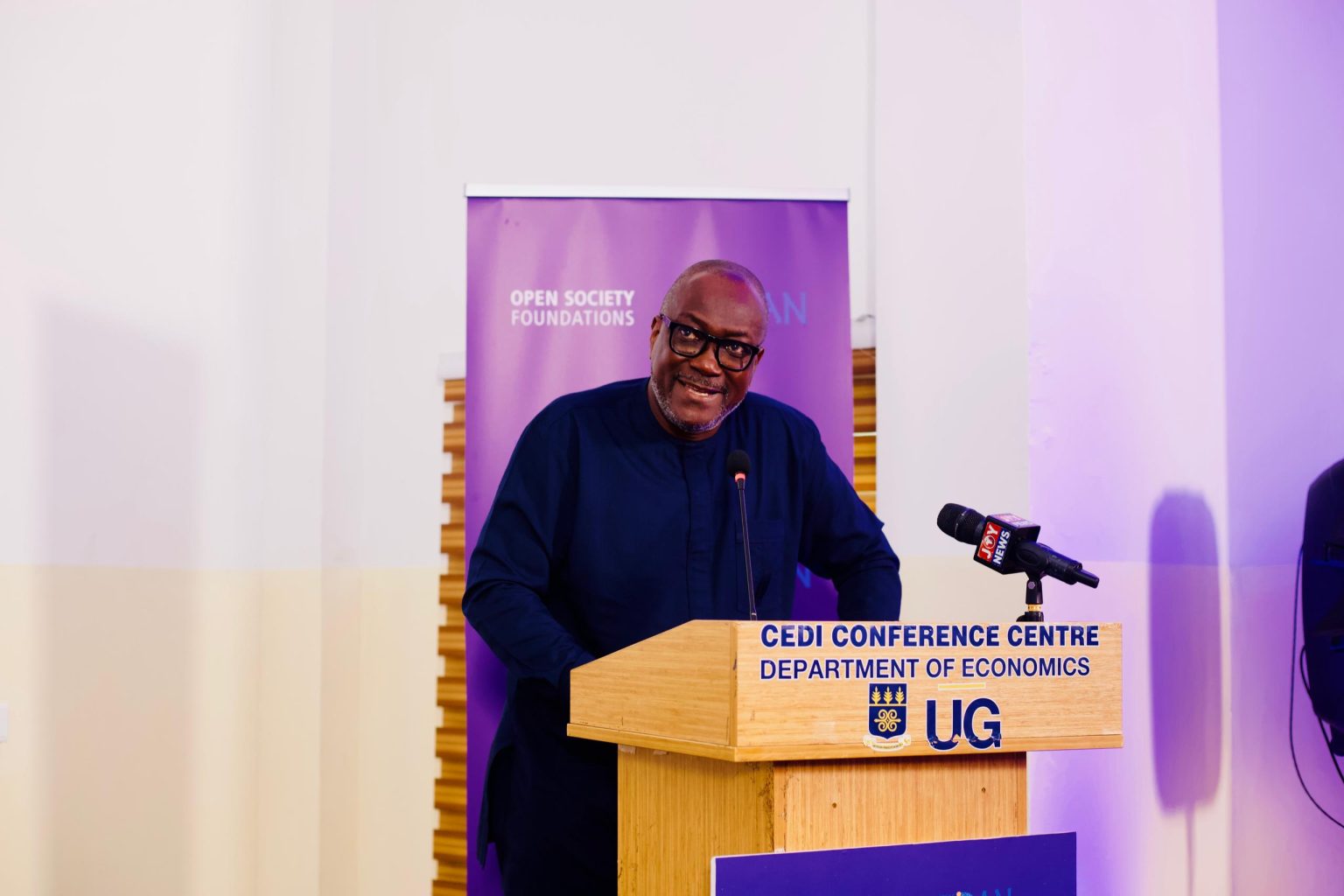Policymakers, academics, and civil society leaders are urging African governments to pursue deeper democratic reforms as a prerequisite for achieving economic justice and restoring public trust.
The call was made on Monday, September 15, 2025, during the launch of a landmark study, Analysis of the Nexus Between Democratic Governance and Economic Justice in Africa, at the University of Ghana, Legon. The event, organised by the Open Society Foundations (OSF) in partnership with the IDEAS–Africa Network (IDAN), coincided with the International Day of Democracy.
Delivering remarks on behalf of the Speaker of Parliament, Professor H. Kwasi Prempeh, Executive Director of the Ghana Centre for Democratic Development (CDD-Ghana), said Africa’s post-1990s democratic reforms have been overly fixated on elections, neglecting accountability and economic governance.
“Democracy in Africa is not failing because people reject it. Afrobarometer data shows strong support for democracy, even as dissatisfaction with its results grows. The problem is not demand; it is supply,” Prof. Prempeh said.
He argued that imported Western models have failed to reflect African realities, identifying unregulated campaign financing as a key weakness. He proposed reforms such as capping billboard sizes, defining campaign periods, and regulating rallies to reduce exorbitant election costs.
Dr. Ndongo Samba Sylla, who presented the report, described Africa’s democracies as “choiceless,” constrained by neoliberal policies and limited economic independence. This, he said, has entrenched inequality, unemployment, and youth frustration.
Dr. Chukwuemeka Eze of Open Society added that the findings highlight the urgency of building democracies that deliver dignity, noting that the foundation’s Democratic Futures in Africa programme seeks inclusive, rights-based systems rooted in Ubuntu principles of shared humanity.
Panelists, including Liepollo Pheko of the Trade Collective Think Tank and Dr. Amzat Boukari-Yabaraof the Pan-African League UMOJA, stressed that neocolonial economic structures—such as foreign control over currencies and resources—continue to undermine sovereignty. They called for decentralisation, stronger citizen participation, and dismantling exploitative systems.
The study’s recommendations include universal access to identification and financial systems, greater control over natural resources, institutionalised citizen engagement in policymaking, and guaranteed access to essential services.
Stakeholders concluded that only a democracy capable of delivering real economic opportunity and social dignity can meet the aspirations of Africa’s people.













